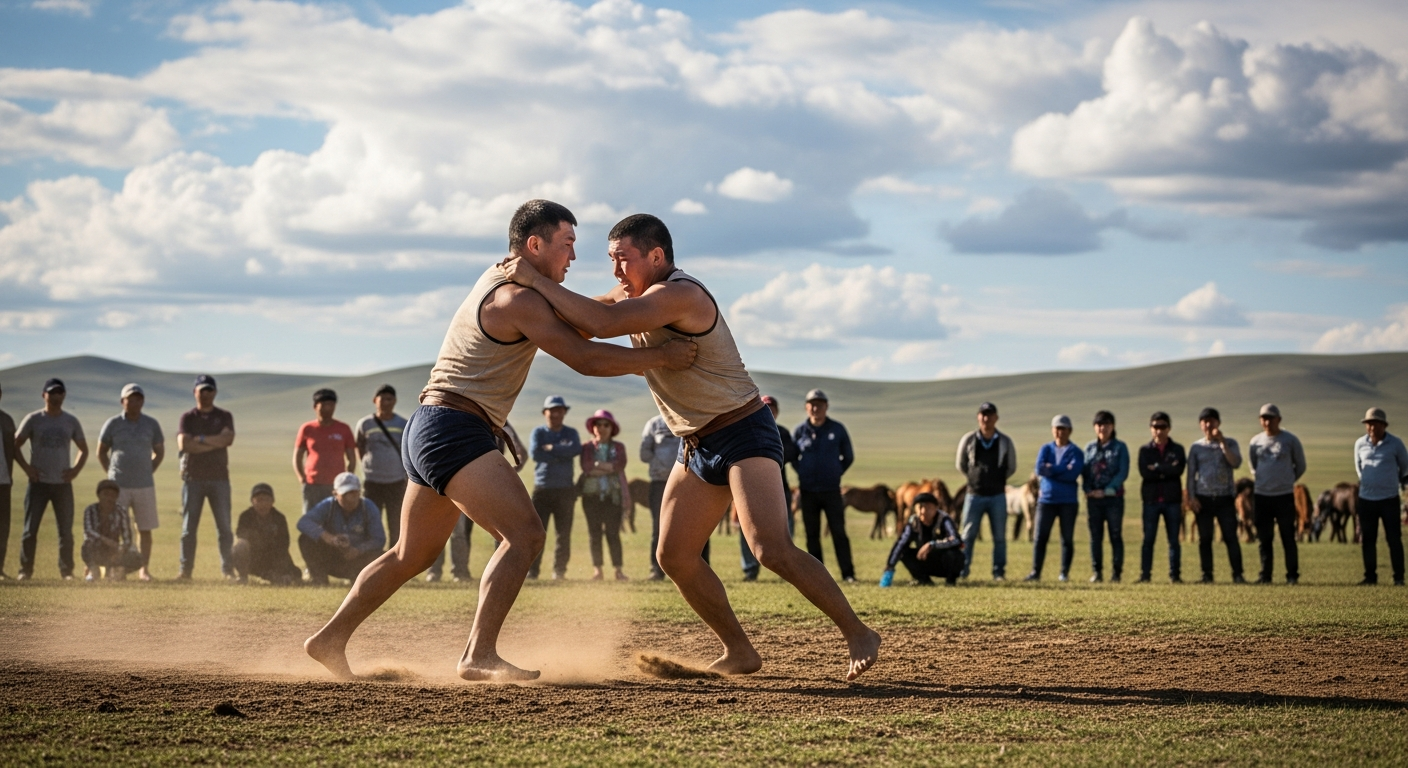Title: Jury Nullification: The Hidden Power in American Courtrooms
Introduction: In the realm of American jurisprudence, an often overlooked yet potent phenomenon exists: jury nullification. This controversial practice allows jurors to acquit defendants despite clear evidence of guilt, effectively nullifying the law. As we delve into this complex topic, we'll explore its historical roots, legal implications, and ongoing debates surrounding its use in modern courtrooms.

Historical Context and Legal Foundations
Jury nullification finds its origins in the English common law system, which heavily influenced American jurisprudence. The landmark 1670 case of Bushell’s Case in England established the principle that jurors could not be punished for their verdicts, even if they contradicted the judge’s instructions. This decision laid the groundwork for jury independence and the potential for nullification.
In the United States, the concept gained prominence during the colonial era, particularly in cases involving the enforcement of unpopular British laws. Notable instances include the 1735 trial of John Peter Zenger, where a New York jury acquitted him of seditious libel despite clear evidence of guilt, citing the importance of press freedom.
The Legal Status of Jury Nullification
While jury nullification remains a recognized power of juries, its legal status is complex and often misunderstood. The U.S. Supreme Court has acknowledged the existence of jury nullification but has not explicitly endorsed it as a right. In cases such as Sparf v. United States (1895), the Court ruled that while juries have the power to nullify, they do not have the right to be instructed about this power.
Most courts today do not inform jurors about nullification, and many actively discourage it. Judges typically instruct juries to follow the law as explained to them, regardless of their personal opinions. However, the secretive nature of jury deliberations makes it virtually impossible to prevent nullification if jurors choose to exercise this power.
Arguments For and Against Jury Nullification
Proponents of jury nullification argue that it serves as a crucial check on government power and unjust laws. They contend that it allows for community standards to influence the application of laws and can prevent the enforcement of outdated or oppressive statutes. Supporters often cite historical examples where nullification was used to resist laws that were widely considered unjust, such as the Fugitive Slave Act.
Critics, on the other hand, argue that jury nullification undermines the rule of law and can lead to inconsistent application of justice. They contend that it usurps the role of legislators in determining laws and can result in verdicts based on prejudice or emotion rather than evidence. Concerns also exist about the potential for nullification to be used selectively, potentially exacerbating existing inequalities in the justice system.
Modern Applications and Controversies
In contemporary legal practice, jury nullification remains a contentious issue. While rarely openly discussed in courtrooms, it continues to influence certain types of cases. Drug offenses, particularly those involving marijuana in states where it has been legalized, have seen instances of suspected nullification. Some advocacy groups actively promote jury nullification as a form of civil disobedience against laws they deem unjust.
The digital age has brought new challenges and opportunities related to jury nullification. Information about this practice is now readily available online, potentially influencing jurors even when courts attempt to limit such knowledge. This has led to debates about the extent to which jurors should be screened for their awareness of nullification and how to handle situations where jurors express intent to nullify.
Legal and Ethical Implications for the Justice System
The existence of jury nullification raises profound questions about the nature of justice and the role of juries in a democratic society. It highlights the tension between strict adherence to the law and the community’s sense of fairness and morality. As such, it touches on fundamental issues of legal philosophy, including the balance between judicial discretion and legislative intent.
For legal practitioners, jury nullification presents practical challenges. Prosecutors must consider the possibility of nullification when deciding whether to bring charges, especially in cases involving controversial laws or sympathetic defendants. Defense attorneys, while generally prohibited from explicitly advocating for nullification, may subtly appeal to jurors’ sense of justice beyond the letter of the law.
In conclusion, jury nullification remains a powerful, if controversial, element of the American legal system. Its continued existence reflects the complex interplay between law, morality, and community standards in the pursuit of justice. As society evolves and new legal challenges emerge, the debate surrounding jury nullification is likely to persist, serving as a reminder of the jury’s unique role as both interpreter of the law and voice of the community.






